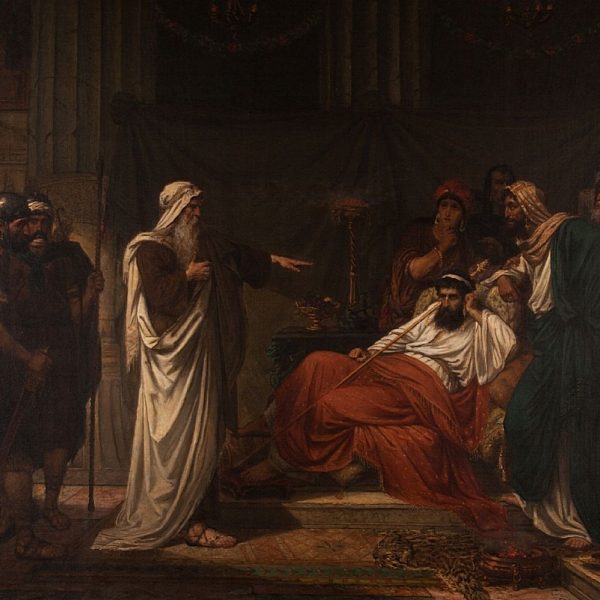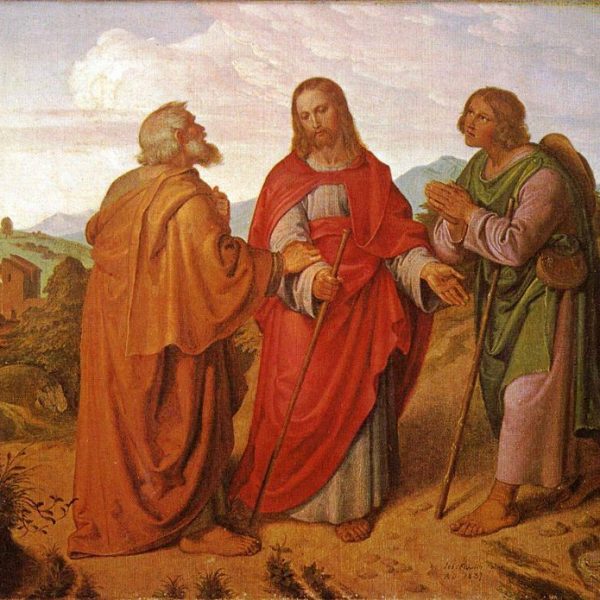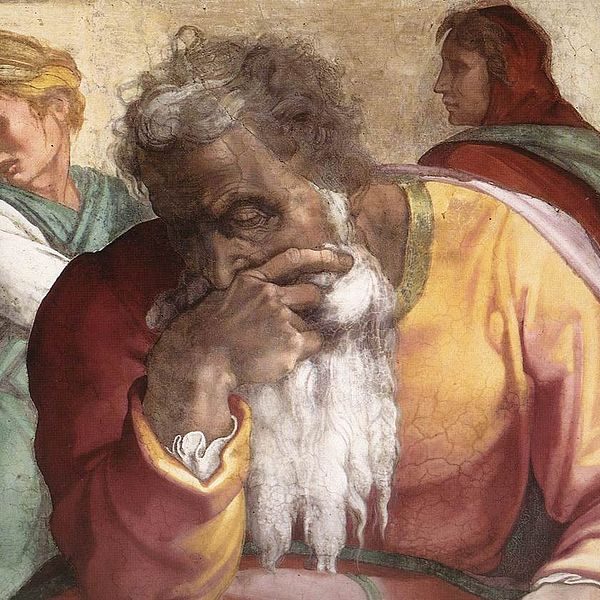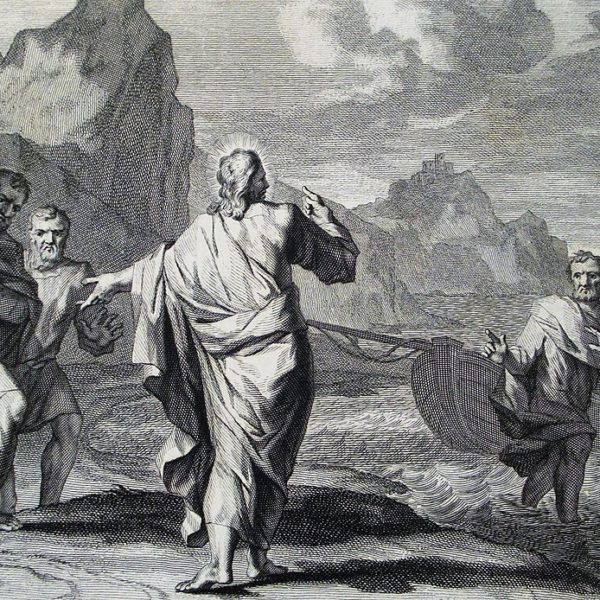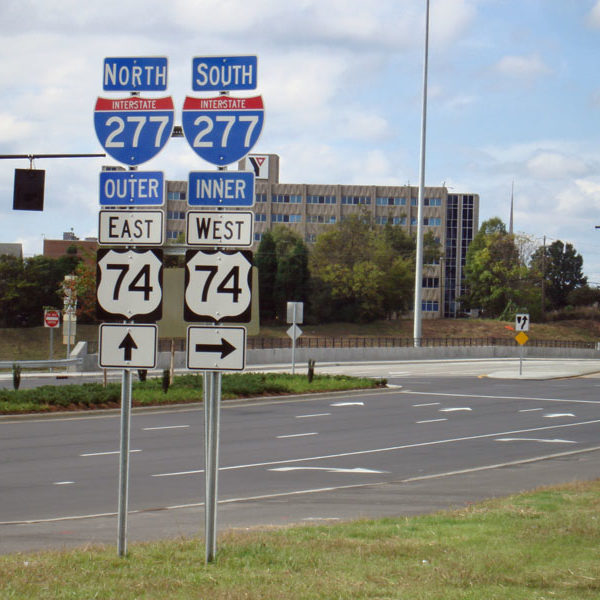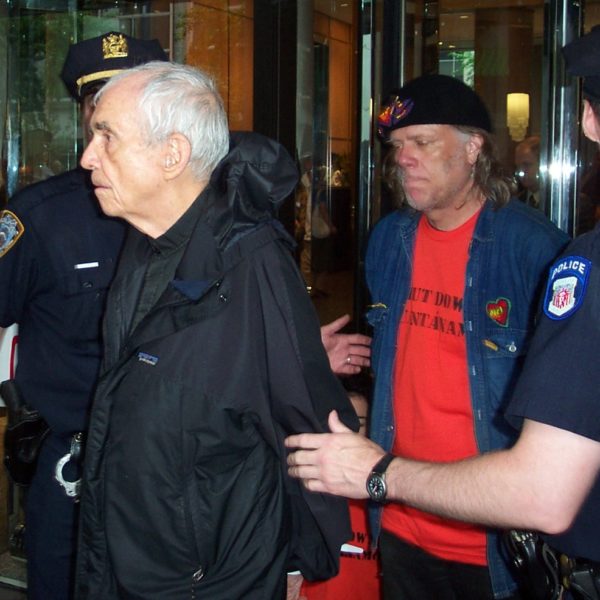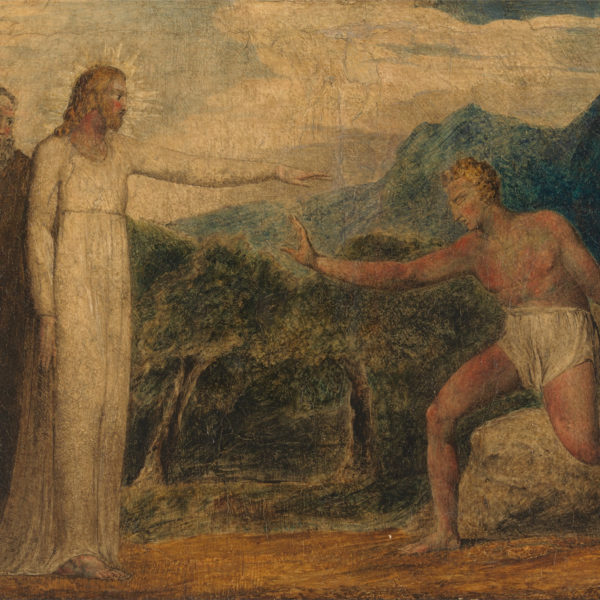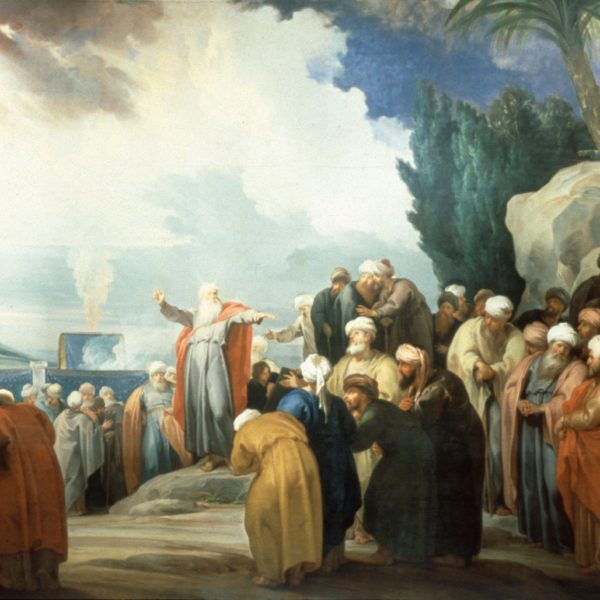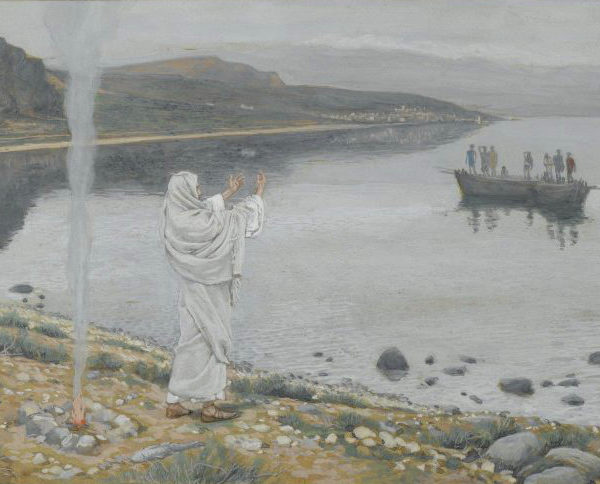
The disciples’ failure to find their desired results when they returned to fishing following the resurrection of Christ resonates with the experience of many who are drawn back to old patterns of life after a personal encounter with Christ. Their struggle to recognize the risen Jesus challenges us to form communities within which Christ’s presence will be apparent to people in a similar state of uncertainty.
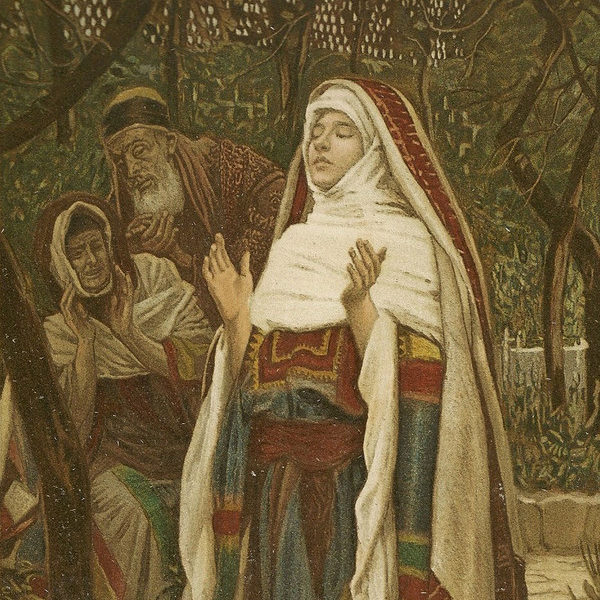
In the incarnation of Jesus, all our systems of social stratification—all our means of exploiting, oppressing, and humiliating one another—are revealed to be lies. Mary expresses a ‘Christmas revolution’ in her Magnificat, a vision for a radically different way of living decisively ushered in by God’s becoming one of us in Christ.
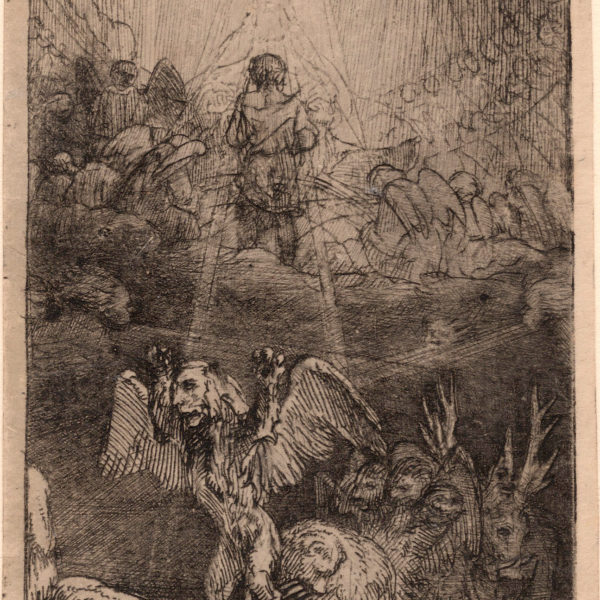
For those living in powerful nations, for those prospering in the global economy, our response to the Reign of Christ Sunday might better be one of repentance than triumph, of humility rather than arrogance. For the reign of Christ stands in opposition to our own reigns, as the world is turned upside down, bringing judgment for those in power and justice for those who have suffered.
